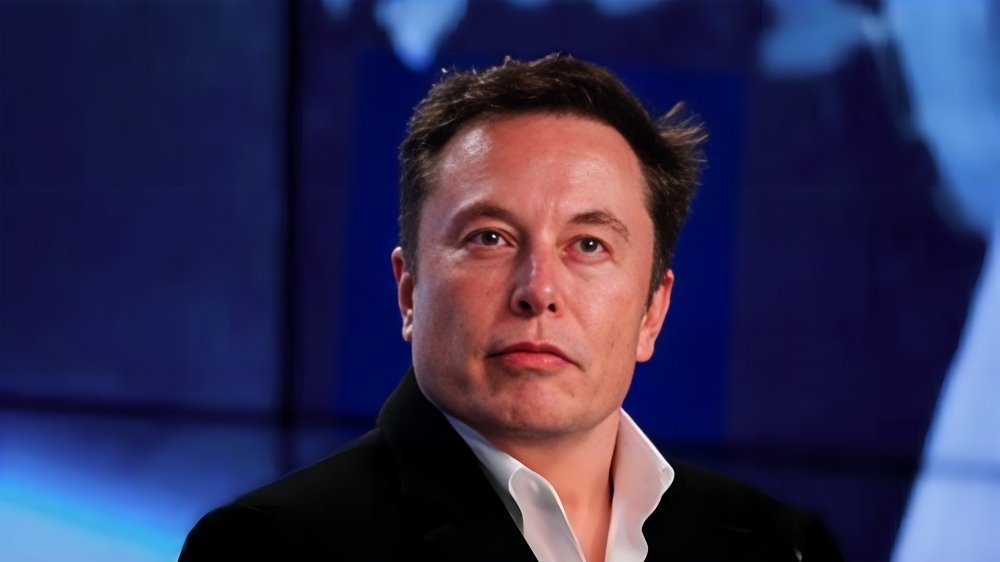Recently, the CEO of Tesla, Elon Musk, made an unannounced visit to Beijing, sparking speculation about the electric car company’s ambitious plans for self-driving technology and data management. During Elon Musk’s unannounced visit, Musk met with China’s Premier Li Qiang, discussed the rollout of Tesla’s Full Self-Driving (FSD) software, and sought permission to transfer data overseas. These discussions are crucial for Tesla’s plans to introduce its FSD technology in China and ensure compliance with local regulations governing data privacy and security.
Electric vehicle maker Tesla has been making significant strides in penetrating the Chinese market. However, one major regulatory hurdle has been the need for access to mapping data, essential for its Full Self-Driving (FSD) technology. In a pivotal move, Tesla has agreed with Baidu, China’s major internet search company, to grant it access to Baidu’s mapping license for the data collection on China’s public roads.
Baidu-Tesla Agreement
China’s major internet search company, Baidu, agreed with Tesla to grant it access to its mapping license for data collection on China’s public roads. This collaboration clears a final regulatory hurdle for Tesla’s FSD system, allowing it to be offered in China. As part of the deal, Baidu will also provide its lane-level navigation system to Tesla, enhancing the capabilities of Tesla’s autonomous driving features.
The agreement between Tesla and Baidu marks a significant milestone in clearing regulatory hurdles for Tesla’s FSD technology in China. By securing access to mapping data, Tesla can now proceed with the rollout of its FSD system, bringing it one step closer to offering advanced autonomous driving capabilities to Chinese customers. This development is expected to boost Tesla’s competitiveness in the Chinese market and enhance its appeal to tech-savvy consumers.
In addition to granting access to its mapping license, Baidu will also provide its lane-level navigation system to Tesla as part of the agreement. This strategic collaboration further enhances Tesla’s capabilities in the Chinese market, enabling it to leverage Baidu’s expertise in navigation technology. By incorporating Baidu’s lane-level navigation system, Tesla can enhance the accuracy and reliability of its autonomous driving features, setting a new benchmark for safety and performance in the industry.
Challenges and Opportunities for Tesla’s Full Self-Driving (FSD) Software Deployment in China
Elon Musk’s unannounced visit to Beijing marked a significant milestone for Tesla’s Full Self-Driving (FSD) software. However, deploying FSD in China comes with several unique challenges. First, navigating China’s stringent regulatory landscape requires approvals and compliance with safety standards. Second, the diverse road infrastructure—ranging from highways to crowded urban streets—poses complexities for FSD systems. Third, managing data privacy and security while respecting user privacy is critical. Additionally, understanding local driving behavior, handling localization errors, and adapting to adverse weather conditions is essential. Competition from local players, building public trust, and addressing legal liability further add complexity. Despite these challenges, Tesla aims to revolutionize transportation in China and set new standards for safety and efficiency.
Elon Musk’s Unannounced Visit to China: Premier Li Qiang Meeting

During his visit, Elon Musk had a crucial meeting with Premier Li Qiang in Beijing. Premier Li praised Tesla’s development in China, considering it a successful example of U.S.-China economic and trade cooperation. The meeting emphasized the importance of Tesla’s presence in the Chinese market and its potential impact on the global electric vehicle industry.
Tesla’s Shanghai Plant
In 2018, Tesla reached an agreement with Chinese authorities to establish a plant in Shanghai—the company’s first manufacturing facility outside the United States. The Shanghai Gigafactory has been instrumental in meeting the growing demand for Tesla vehicles in China. However, despite its success, Tesla had not yet made its FSD software available in the country.
FSD Availability in China
Tesla rolled out FSD, the most advanced version of its Autopilot software, four years ago. However, Chinese customers eagerly awaited its availability in their country. Musk recently hinted that Tesla might make FSD accessible to customers in China “very soon.” Equity analysts at Wedbush called Musk’s surprise visit “a major moment for Tesla,” emphasizing the significance of introducing FSD in China.
Data Transfer and Algorithm Training

Rival Chinese automakers, such as Xpeng, have been working on similar self-driving software. Since 2021, Tesla has stored all data collected by its Chinese fleet in Shanghai, complying with Chinese regulations. However, the company has not transferred any data back to the United States. Musk’s goal during this visit was to obtain approval to transfer data collected in China abroad. This data would be crucial for training algorithms that power Tesla’s autonomous driving technologies.
Musk’s Actions and Meetings
Following his visit to China, Elon Musk continued to engage with stakeholders and pursue opportunities to advance Tesla’s goals in the region. Musk’s actions and meetings in China underscore his hands-on approach to leadership and his unwavering commitment to driving Tesla’s success in one of its most important markets.
Elon Musk’s unannounced visit to China underscores Tesla’s commitment to advancing self-driving technology globally. As the second-largest market for Tesla, China plays a pivotal role in the company’s growth. With FSD on the horizon, Tesla aims to revolutionize transportation and set new standards for safety and efficiency.
In summary, Musk’s discussions with Premier Li Qiang and the Baidu-Tesla collaboration signal exciting prospects for Tesla’s full self-driving software in China. The electric vehicle maker is poised to make a significant impact in the world’s largest automotive market, benefiting both Tesla and Chinese consumers alike. Stay tuned for further updates as Tesla continues its journey toward a self-driving future!
We invite you to share your thoughts with us regarding Elon Musk’s unannounced visit to Beijing and Tesla’s full self-driving software. Do you believe there was a specific reason behind this visit, considering the company’s focus on expanding its presence in the Chinese market? We’d love to hear your insights and opinions on these topics. Share your opinion in the comments below.
